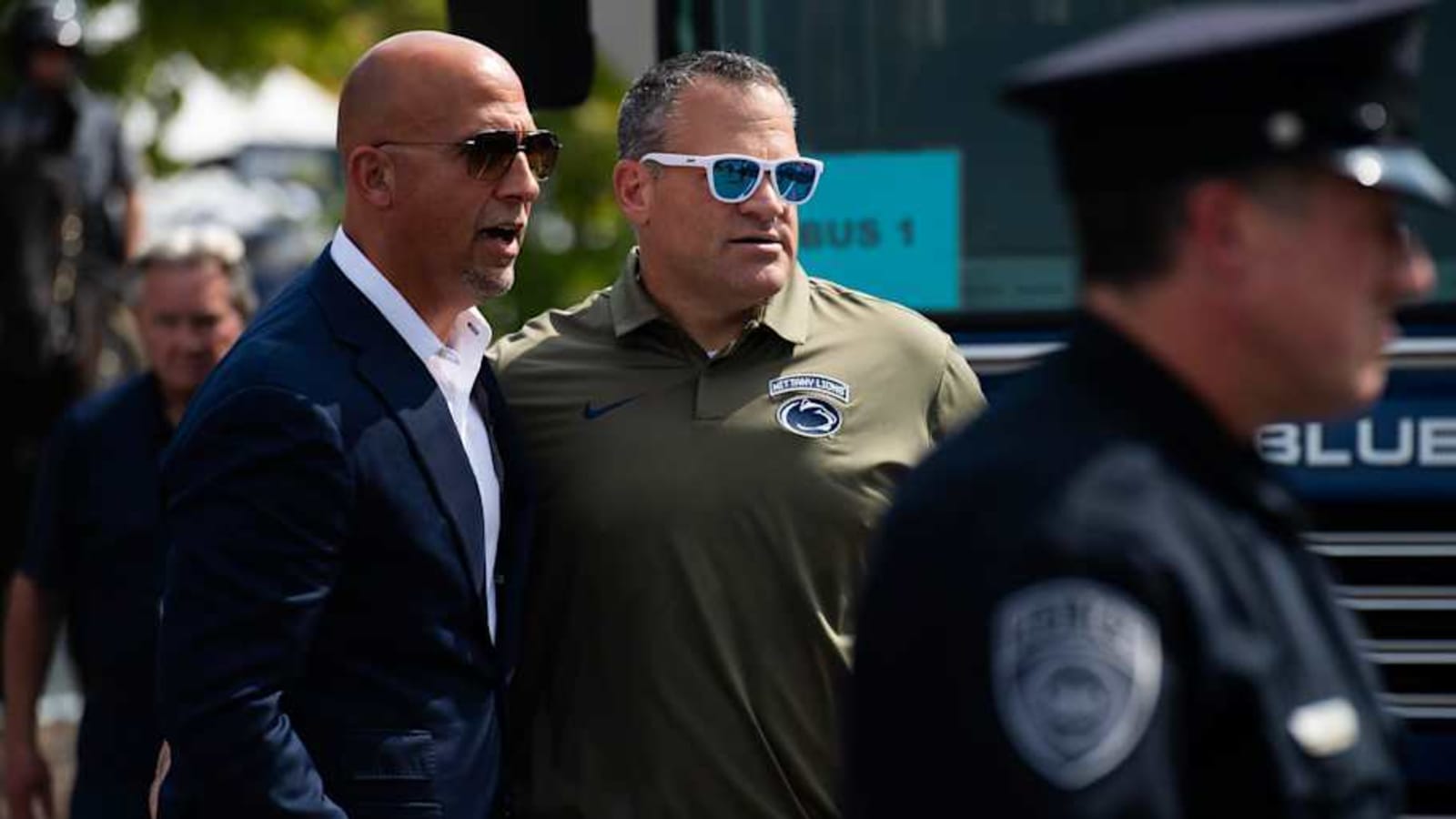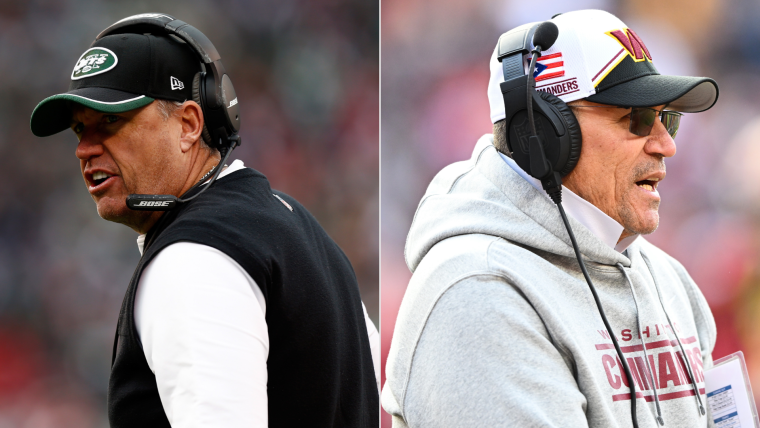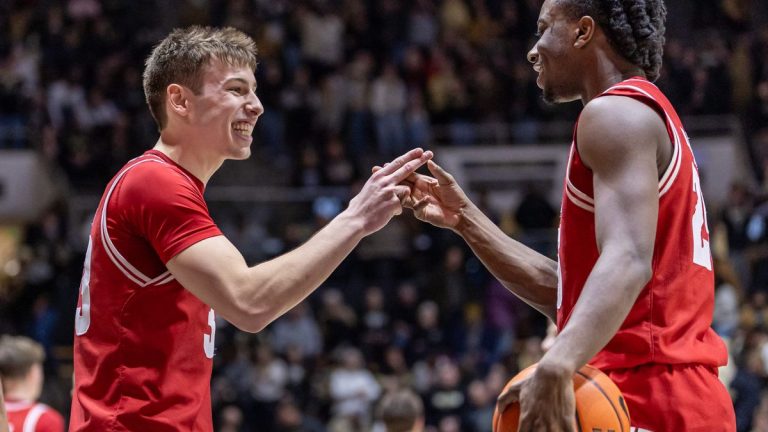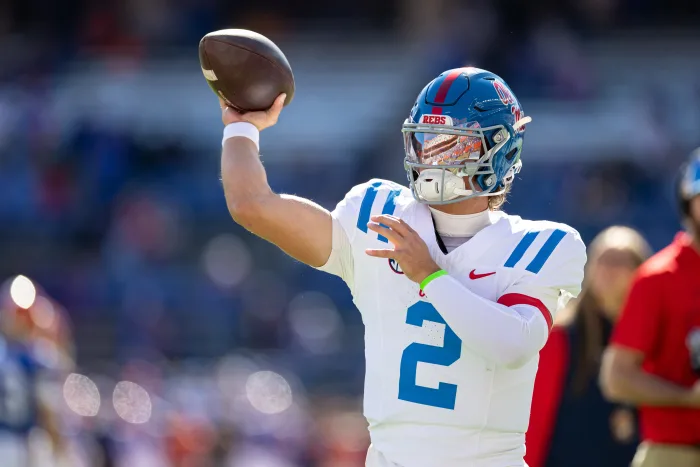Penn State’s AD Has Done a ‘Magical’ Job Fundraising, James Franklin Says
Penn State recently announced a $50 million gift for the naming rights to the field at Beaver Stadium, a fundraising project more than six months in the making and one vital to helping pay the stadium’s renovation bills. In turn, that likely means more budget room for Penn State football coach James Franklin for the forthcoming world of revenue sharing.

Franklin praised Penn State Athletic Director Pat Kraft for securing that gift as part of more than $130 million in fundraising dollars towardr the $700 million Beaver Stadium renovation. Franklin also praised Kraft for navigating the “challenging” fundraising environment that athletic departments face.
“Obviously there are challenges with all of those things, right, but I think Pat has done
a magical job of pushing and being aggressive,” Franklin said as Penn State began spring practice this week. “Like I’ve talked about, [Kraft is] a Big Ten linebacker. But also having all of conversations and showing respect for all the parties out there with some challenging and difficult decisions.”
Penn State recently announced the major gift from West Shore Home, a Pennsylvania home-remodeling company, for the naming rights to Beaver Stadium’s field for 15 years. Officially, the venue is now known as West Shore Home Field at Beaver Stadium. Franklin and B.J. Werzyn, founder and CEO of West Shore Home, have a long-standing relationship, with Werzyn being among the first partners of Penn State football’s NIL program.
“Having relationships that we have developed with people specifically like B.J. and West Shore Home goes a long way,” Franklin said. “And the fact that we have alumni that believe in what our university is doing and believe in what our athletic department is doing led by Pat Kraft and then our football program, those things are important. When you have a $700 million project going on at the same time that you’re trying to get a roster put together with NIL, there could be some challenges of where that
fundraising goes.”
Among those challenges: Plying the same pockets for money for different projects. That’s a key concern across all athletic departments, but it resonates even more at Penn State, which must fund the new revenue sharing bill (up to $20.5 million dollars across all sports next season) and the Beaver Stadium renovation project.
Kraft has said that Penn State has the funding for big-ticket projects and hires, such as the football stadium renovation and the hiring of defensive coordinator Jim Knowles. Demands across 31 sports and dollars spread thin could be an issue in this enviroment.
“Those things are challenging, so I think things have been handled really well now,” Franklin said. “Again, doesn’t mean it’s always smooth, but I think from my lens and the things I’ve seen, things have been handled really well. And it’s making sure we’re showing everybody the respect that is needed and deserved, while also making difficult decisions that need to be made and moving the program, the university, and athletic department forward. Challenging, but from my view, it’s been handled very, very well.”
About revenue sharing, Franklin would not discuss Penn State’s specific strategy for dividing that proposed $20.5 million revenue pie among its teams. Athletic departments where football is the primary revenue stream could direct as much as 80 percent of their revenue, or $16 million, toward football players. Though Penn State is likely headed in that direction, no one has confirmed the plan yet. A judge is scheduled to rule on the settlement April 7.
“This is a challenge all over the country,” Franklin said. “A lot of coaches are talking about this, a lot of ADs are talking about this, a lot of commissioners are talking about this. It’s challenging. I think moving forward, after you get through year one of revenue sharing, you’ll have a structure that you used in previous years that went well and you want to build on it or some things you want to tweak and get better.
“That’s why this is so challenging. You’re having to make decisions and having to move forward really before you have all of the information and all of the guidelines. Decisions are still being made today, not only in the courts, but also with commissioners and AFCA, and all these things.”





